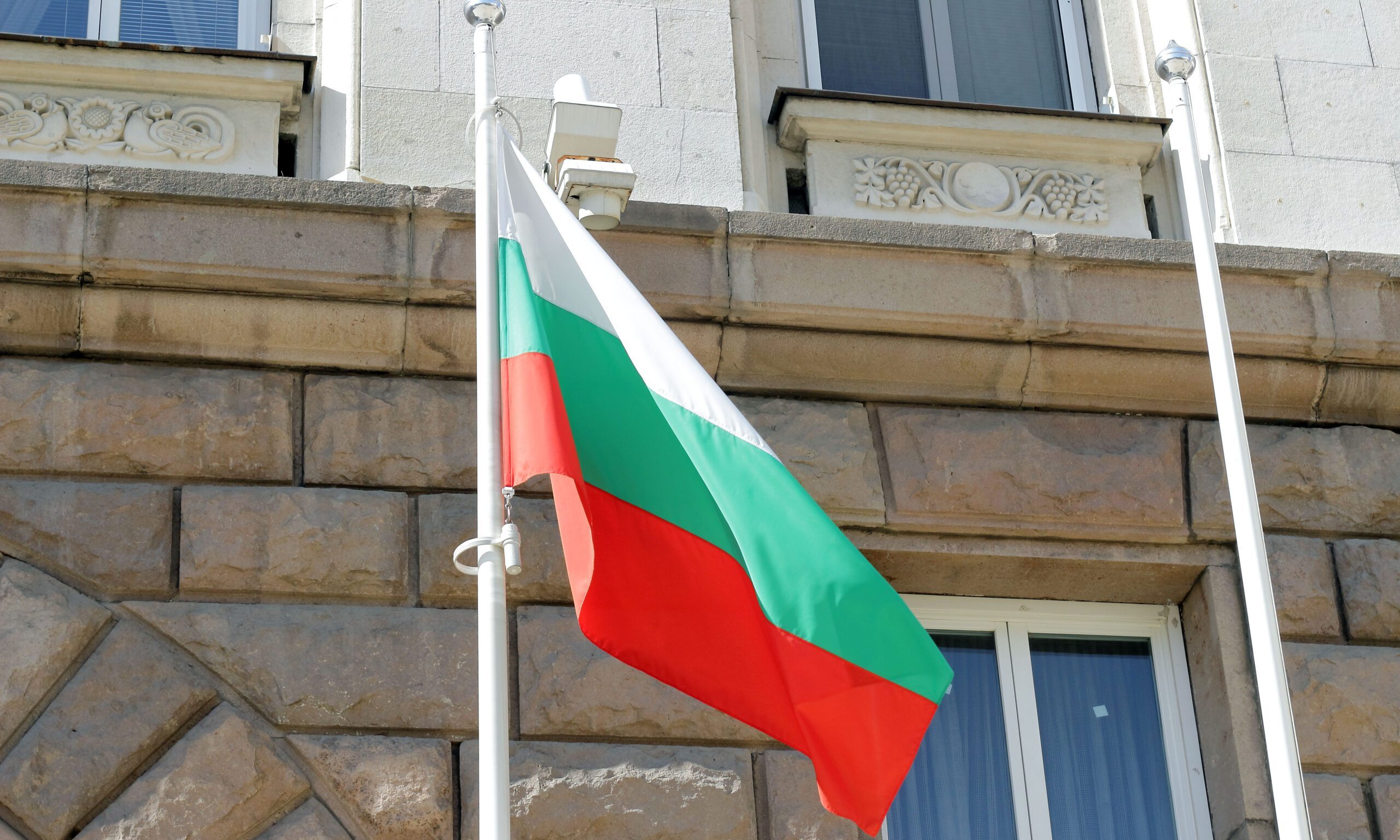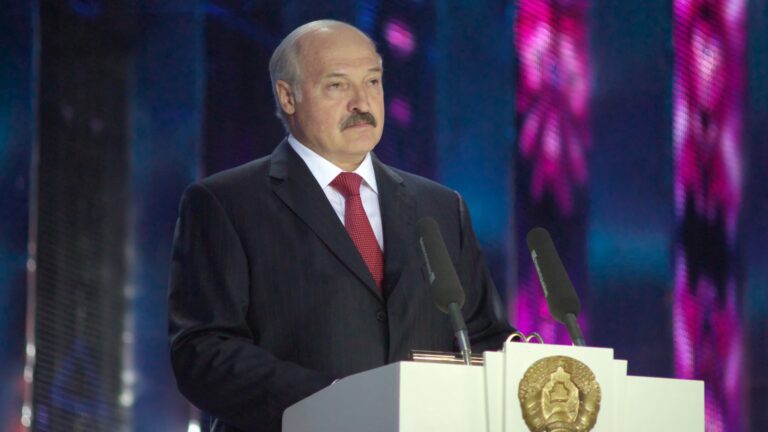Chinese Influence in Bulgaria: Bubbling under the Surface

China’s presence in Bulgaria has taken on a subdued character, marked by the absence of high-level visits and major investment projects. Nevertheless, a growing network of joint initiatives – spanning business, academic, and media exchanges – along with a community of local facilitators of Chinese influence, is laying the groundwork for expanding bilateral engagement. While these developments often go unnoticed, and Bulgarian politicians remain largely unaware of China’s role as a rival to the West, they could be leveraged – and even scaled up – if Beijing chooses to pursue a more concerted strategy toward Sofia.
This article is part of a series from CHOICE focusing on the impact of elections on countries’ China policy.
Political Openness to China
Bulgaria’s political landscape has shown limited awareness of the strategic and economic challenges posed by China. Several political figures, including those at the municipal level, continue to express a growing receptivity to closer engagement with Beijing.
Discussions of policy orientations toward China are largely absent from Bulgaria’s party politics. The ongoing political instability – marked by the inability to form a government after seven elections in just three years – has kept domestic issues at the forefront, leaving little room for debates on foreign policy or broader geopolitical matters. Moreover, the lack of urgency in formulating a strategy toward Beijing mirrors public attitudes, which tend to view China more as a partner than a threat. In 2024, nearly 70 percent of Bulgarians surveyed did not consider China a danger to their country.
A review of the electoral platforms from the most recent parliamentary elections, held on October 27, reveals little attention to China. The only mention was in the program of the second-largest political force, We Continue the Change-Democratic Bulgaria, which briefly suggested that cooperation with China should align with the EU’s common foreign and trade policy, as well as that of Bulgaria’s allies. Other parties avoided addressing Bulgaria’s foreign policy priorities, including relations with China.
Beyond party dynamics, individual pro-Russian politicians have expressed support for building rapport with Beijing. President Rumen Radev has consistently championed stronger bilateral ties. In 2019, Radev and Xi elevated the level of China-Bulgaria relations to a strategic partnership and more recently, on the occasion of the 2024 anniversary of the establishment of diplomatic relations, Radev reaffirmed his vision of Beijing as a strategic partner for Sofia. Vice-President Iliyana Yotova has echoed this sentiment, emphasizing the strengthening of bilateral trust, cooperation, and friendship. Kostadin Kostadinov, the leader of the pro-Russian nationalist party Revival, has vigorously promoted the BRI and Beijing’s vision of the international order. Similarly, the pro-Kremlin Bulgarian Socialist Party invited a CCP delegation to Sofia in 2024 to discuss investment and economic cooperation.
At the municipal level, local authorities across Bulgaria have welcomed Chinese officials and promoted various cultural, academic, and business initiatives linked to Beijing. Examples include an international conference at Veliko Tarnovo University – home to a Confucius Institute – on relations between CEE and China; the opening of a Chinese medicine center in Panagyurishte; efforts to attract Chinese investment in a rose oil refinery in Pavel Banya; and the annual Yoghurt Festival in Momchilovtsi, which represented Bulgaria at the 2024 Maritime Silk Road Culture and Tourism Expo in Ningbo.
The Dangerous Lure of Chinese Investments
The Bulgarian government and business leaders have generally adopted an uncritical stance toward China, centered around expectations of lucrative investments and economic cooperation, without fully considering the attendant risks, especially amid the geopolitical rivalry between China and the West.
During the Bulgarian-Chinese Business Forum and Exhibition of Leading Chinese Companies in Sofia in 2024, Bulgaria’s caretaker Minister of the Economy Petko Nikolov highlighted Bulgaria’s support for the BRI as an opportunity to expand Bulgarian exports to China and establish the country as a key player in developing infrastructure projects along the Silk Road. The Ministry of Agriculture, for its part, emphasized Bulgaria’s role as a leader in agricultural exports within CEE, focusing on Sofia’s cooperation in agriculture based on its “equal partnership” with Beijing. Additionally, a Bulgarian-Chinese business forum organized by the Ministry of Agriculture’s Association for Promotion of Agricultural Cooperation between China and Central and East European Countries in 2024 resulted in a memorandum of cooperation with Shanghai’s International Chamber of Commerce. The Ministry of Tourism has also promoted deeper ties, arguing that this will consolidate the traditional friendship between the two countries.
Bulgaria’s business associations have shown similar eagerness to intensify relations with China. The InvestBulgaria Agency has hosted Chinese government delegations and organized a 2023 meeting with representatives from the Bank of China, Bulgaria’s Ministry of Innovation and Growth, and the Bulgarian Development Bank to discuss opportunities for joint investment projects. The Bulgarian Chamber of Commerce and Industry has held regular meetings with its Chinese counterparts and attended events like the 2024 China International Fair for Investment and Trade. That same year, the Bulgarian Statistical Institute held its first-ever meeting with China’s National Bureau of Statistics.
Despite these efforts, Chinese investments in Bulgaria have had negative repercussions. According to a 2021 report by the Institute for Global Analytics, Chinese investments in agriculture, automobile manufacturing, infrastructure, and energy have generally led to financial losses, with minimal improvements in local employment or industrial capacity.
Additional projects have also been undertaken. For example, Shanghai Unison Aluminium Products is opening a plant for producing electric vehicle (EV) parts in the special economic zone outside Plovdiv, with plans to expand into car battery production by its subsidiary, ZS Europe, by the end of 2024. While China’s previous investment in the Bulgarian automotive industry ended in the bankruptcy of Litex Motors in 2017, the InvestBulgaria Agency has welcomed this new investment. Similarly, in 2023, a biomass power generation plant in Sviloza began operations with financing from China. However, over 50 percent of the plant’s financing was provided by Sviloza itself, and its operations continue to face challenges due to a lack of raw materials.
China’s Cultural Outreach
China’s cultural outreach in Bulgaria has expanded, particularly in the academic and media spheres, though it remains largely outside the mainstream public discourse.
Academic cooperation between Bulgarian and Chinese universities has increased, encompassing joint research, academic visits, conferences, and student exchanges. In early 2024, an academic delegation from four prominent Bulgarian universities visited China to deepen bilateral collaboration. The Bulgarian National Science Fund has also supported the establishment of contacts between Bulgarian and Chinese scientific communities. At the school level, Bulgaria’s first Chinese private school, founded in 2015, offers intensive training in Chinese and Russian languages and maintains partnerships with institutions like the Russian Cultural-Information Center and Beijing Foreign Studies University.
In the media, several outlets have helped promote Chinese narratives. For example, content from China Radio International is regularly republished by 24 Chasa, a daily newspaper with one of the highest circulation rates in Bulgaria. Moreover, in 2023, the Union of Bulgarian Journalists, in collaboration with the All-China Journalists Association, established a Bulgaria-China media center to enhance journalistic exchanges. Pro-Russian outlets also disseminate Chinese viewpoints. Pogled.info, for instance, has a dedicated rubric on China and hosts discussions organized with the China Media Group. Martin Karbovski, a Bulgarian journalist with a significant following on YouTube, has published a series focused on China and frequently features interviews with the Chinese Ambassador to Bulgaria.
Bulgaria’s China Reckoning?
Bulgaria’s growing engagement with China, though largely under the radar, carries significant risks. First, should China choose to pursue a more proactive strategy in Bulgaria, the uncritical desire for cooperation across political, business, academic and media sectors could enable Beijing to establish a more entrenched economic and strategic presence. This could lead to economic dependency, as seen in other countries that have struggled with the negative consequences of China’s corrosive capital.
Second, deepening ties with China could create frictions with Bulgaria’s Western allies. Sofia’s interest in Chinese EV production, for instance, could position it alongside countries like Hungary, which are integral to Beijing’s strategy of circumventing EU tariffs on Chinese EVs entering European markets by granting them production capacity within Europe. This may also run afoul of the new US administration and its likely tougher stance on China, which could prompt Western allies to shift their policies toward a more open competition with Beijing. As such broader geopolitical dynamics continue to shift, staying attuned to geopolitics will be a critical task for Bulgaria moving forward.
Written by
Rumena Filipova
Dr. Rumena Filipova is the founder and chairperson of the Institute for Global Analytics in Bulgaria. Her research concentrates on the politics and international relations of Central and Eastern Europe, with a focus on media and disinformation, identity, and the authoritarian influence of Russia and China in the region. She holds a DPhil in International Relations from the University of Oxford.


